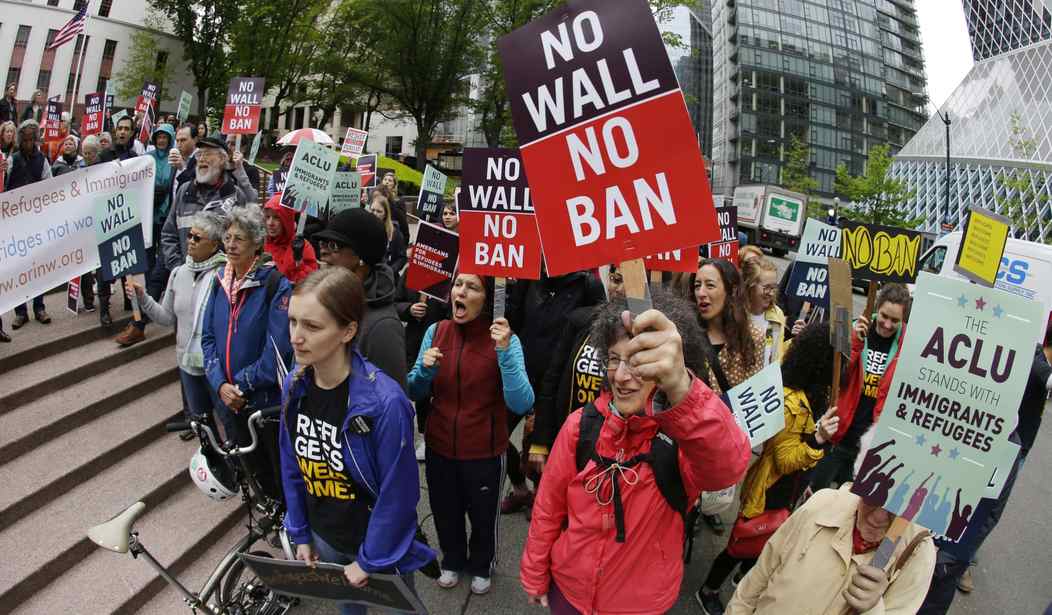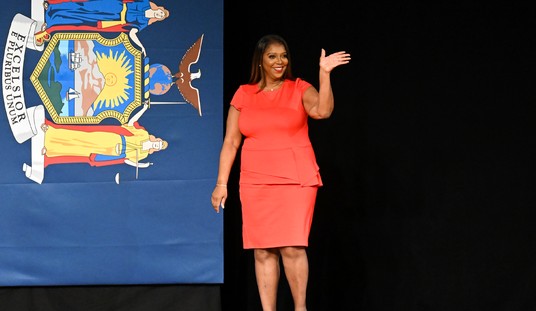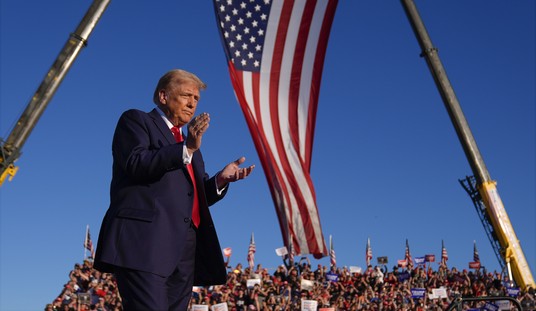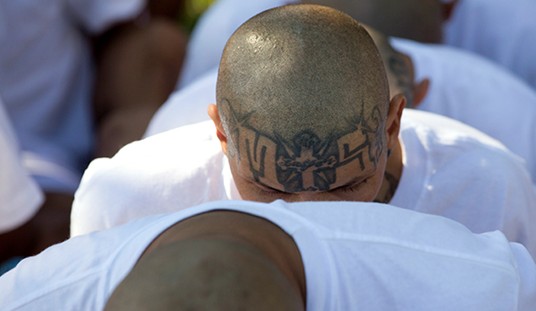The Fourth Circuit Court of Appeals today upheld a freeze on President Trump’s ban on travel from several Muslim-majority countries, invoking statements Trump made as a candidate about blocking Muslims from entering the United States.
The court in Richmond, Va., ruled 10-3 to uphold the lower court block on implementation, with Chief Judge Roger L. Gregory stating that Trump’s executive order “speaks with vague words of national security, but in context drips with religious intolerance, animus, and discrimination.”
“Surely the Establishment Clause of the First Amendment yet stands as an untiring sentinel for the protection of one of our most cherished founding principles — that government shall not establish any religious orthodoxy, or favor or disfavor one religion over another,” Gregory wrote. “Congress granted the President broad power to deny entry to aliens, but that power is not absolute. It cannot go unchecked when, as here, the president wields it through an executive edict that stands to cause irreparable harm to individuals across this nation.”
The ruling details pages worth of quotes and tweets from Trump and his surrogates about Islam and intending to give preference to Christian refugees, as well as administration statements in reaction to blocks of the initial ban.
It adds that “internal reports from DHS contradict this national security rationale” given by the administration, “with one report stating that ‘most foreign-born, US-based violent extremists likely radicalized several years after their entry to the United States, limiting the ability of screening and vetting officials to prevent their entry because of national security concerns.’”
“According to former National Security Officials, Section 2(c) serves ‘no legitimate national security purpose,’ given that ‘not a single American has died in a terrorist attack on U.S. soil at the hands of citizens of these six nations in the last forty years’ and that there is no evidence of any new security risks emanating from these countries,” the ruling states. “And [Executive Order 2]’s text does little to bolster any national security rationale: the only examples it provides of immigrants born abroad and convicted of terrorism-related crimes in the United States include two Iraqis — Iraq is not a designated country in EO-2 — and a Somalian refugee who entered the United States as a child and was radicalized here as an adult.”
Attorney General Jeff Sessions declared that the executive order is “well within” Trump’s “lawful authority to keep the nation safe.”
“The Department of Justice strongly disagrees with the decision of the divided court, which blocks the president’s efforts to strengthen this country’s national security,” Sessions said in a statement. “As the dissenting judges explained, the executive order is a constitutional exercise of the president’s duty to protect our communities from terrorism. The president is not required to admit people from countries that sponsor or shelter terrorism, until he determines that they can be properly vetted and do not pose a security risk to the United States.”
“This Department of Justice will continue to vigorously defend the power and duty of the Executive Branch to protect the people of this country from danger, and will seek review of this case in the United States Supreme Court,” he added.
Judge Paul V. Niemeyer wrote in the dissent that the district court “seriously erred” and issued a ruling that was “not only unprecedented, it is totally unworkable and inappropriate under any standard of analysis.”
“None of the facts or conditions recited as reasons for the issuance of the Executive Order have been challenged as untrue or illegitimate. Indeed, the plaintiffs conceded during oral argument that if another candidate had won the presidential election in November 2016 and thereafter entered this same Executive Order, they would have had no problem with the Order,” Niemeyer wrote.
“While the legitimate justifications for the Order are thoroughly established, its supposed ills are nowhere present on its face. Far from containing the sort of religious advocacy or disparagement that can violate the Establishment Clause, the Order contains no reference to religion whatsoever. Nor is there any trace of discriminatory animus,” he added. “…Apart from violating all established rules for construing unambiguous texts — whether statutes, regulations, executive orders, or, indeed, contracts — reliance on campaign statements to impose a new meaning on an unambiguous Executive Order is completely strange to judicial analysis.”
Last week in Seattle, a three-judge panel of the Ninth Circuit Court of Appeals heard arguments in Hawaii’s challenge to the ban.
In March, just before Trump’s revised travel ban — which eliminated Iraq from the list of affected countries — was set to go into effect, federal Judge Derrick Watson halted implementation after Hawaii argued that the restrictions still equaled religious discrimination. Watson drew upon campaign statements made by Trump, senior advisor Stephen Miller, and surrogate Rudy Giuliani to support the state’s claim.
Hawaii claimed violations of the establishment clause of the First Amendment and the equal protection, substantive due process, and procedural due process guarantees of the Fifth Amendment. They charged that the president exceeded his authority under the Immigration and Nationality Act and violated the Religious Freedom Restoration Act “by imposing a substantial burden on the exercise of religion,” as well as violating “the substantive and procedural requirements of the Administrative Procedure Act.”
In his 43-page ruling, Watson said the plaintiffs “have met their burden of establishing a strong likelihood of success on the merits of their Establishment Clause claim, that irreparable injury is likely if the requested relief is not issued, and that the balance of the equities and public interest counsel in favor of granting the requested relief.”
“The Government appropriately cautions that, in determining purpose, courts should not look into the ‘veiled psyche’ and ‘secret motives’ of government decisionmakers and may not undertake a ‘judicial psychoanalysis of a drafter’s heart of hearts,'” the judge wrote. “The Government need not fear. The remarkable facts at issue here require no such impermissible inquiry. For instance, there is nothing ‘veiled’ about this press release: ‘Donald J. Trump is calling for a total and complete shutdown of Muslims entering the United States.'”
That was a Dec. 7, 2015, press release issued by the Trump campaign.









Join the conversation as a VIP Member